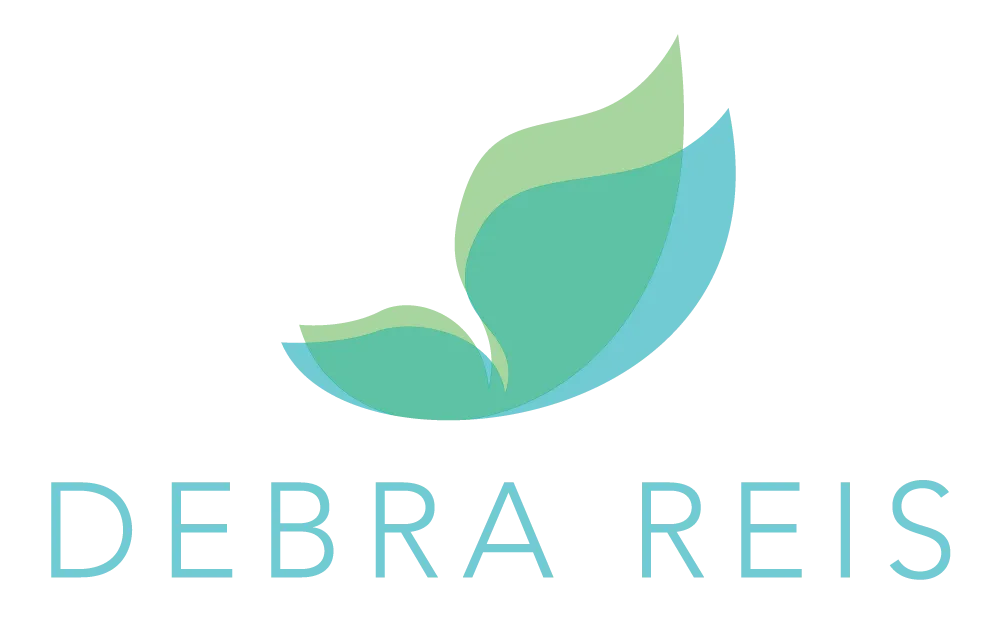BLOG
Supportive Therapies For Better Outcomes — Enrich Your Life Through Relaxation Techniques, Aromatherapy, and Gentle Movement.

Cancer Survivors Gain Comfort & Peace with Holistic Therapies
Holistic therapies can be helpful for anxiety, stress, and discomfort. Several concerns can face a person who receives a cancer diagnosis, and supportive therapies may bring balance and comfort in challenging situations. Many healthcare organizations, such as outpatient oncology centers, integrate holistic modalities into a care plan for well-being.
Standard Guidelines and Policies for Integrating Holistic Services
Nurses or therapists often provide holistic therapies with special education and training in a specific modality. Integrative services must be governed under department or organizational policies to guide the practitioner and ensure patient safety.
Department leaders must verify the education and certification of the practitioner before they provide patient services. For example, we posted a position for a practitioner with a Healing Touch therapy background. Healing Touch is a consistent educational process with different levels, and the level of completion gives awareness of the practitioner’s capabilities.
Many people identified in the interview as having a Healing Touch background. Not everyone was correct or didn’t realize that there was a specific program. Knowing the educational process made the candidate selection much more manageable.
Holistic Services Benefit Cancer Survivors During and After Treatment
Post-cancer diagnosis, a person may experience feelings from anxiety to depression. Information and decisions happen quickly, and the person can feel overwhelmed. Holistic services can provide coping strategies to help discover the tools best fit a care plan.
Common services include:
Relaxation Therapies - may include modalities such as guided imagery and energy therapy like Healing Touch. Breathwork is another relaxation therapy used in acute situations to bring balance. Several times, a person may feel claustrophobic during a procedure, and panic and anxiety can happen suddenly without warning. Providing the person with a specific breathing technique to help them focus and have control has been effective and reduces the need to reschedule or provide sedation.

Clinical Aromatherapy is using essential oils primarily through inhalation on a tissue or with an aromastick. Essential oils are the plant's life essence, and oils contain naturally occurring chemical constituents that contribute to a healing balance. Upon inhalation of an aroma, the aromatic molecules move from the olfactory system to the limbic system in the brain. Aromatherapy has been helpful to calm or uplift a mood.
Ear Seed Therapy - can be used for specific concerns such as nausea, discomfort, and stress. Seeds are placed outside the ear, which correlates with acupressure points within the body, and this is becoming a popular service in oncology settings.
Gentle Movement Therapy - there is growing evidence of the importance of physical activity for cancer survivors, including gentle stretching and walking to reduce fatigue and provide greater flexibility and strength.
Combining Holistic Therapies to a Plan May Enhance Benefits
Many supportive therapies have reduced treatment side effects such as nausea, mood changes, and discomfort. Combining therapies can ‘amp up’ or enhance the outcome experience.
The holistic modalities identified - relaxation therapy, aromatherapy, ear seed therapy, and gentle movement, have excellent outcomes and benefits on their own. However, blending them together enhances the frequency, bringing greater relaxation, harmony, and balance.

To learn more about holistic therapies with cancer survivors, check out my article, Nurses Integrate Holistic Therapies for Patient Comfort in Outpatient Oncology, published in Beginnings, an American Holistic Nurses Association publication.
This blog is provided for educational and informational purposes only and is not medical, mental health, or healthcare advice. Although Debra Reis is a Clinical Nurse Specialist licensed in the state of Michigan, she is not acting in that capacity here. Debra Reis is acting as a holistic educator and consultant, not as a licensed medical health professional or in her professional capacity as a Clinical Nurse Specialist. The information presented here is not intended to diagnose, treat, heal, cure or prevent any illness, medical condition, or mental or emotional condition. Working with us is not a guarantee of any results. Debra Reis, Wellness Services, LLC owns all copyrights to the materials presented here unless otherwise noted.

Cancer Survivors Gain Comfort & Peace with Holistic Therapies
Holistic therapies can be helpful for anxiety, stress, and discomfort. Several concerns can face a person who receives a cancer diagnosis, and supportive therapies may bring balance and comfort in challenging situations. Many healthcare organizations, such as outpatient oncology centers, integrate holistic modalities into a care plan for well-being.
Standard Guidelines and Policies for Integrating Holistic Services
Nurses or therapists often provide holistic therapies with special education and training in a specific modality. Integrative services must be governed under department or organizational policies to guide the practitioner and ensure patient safety.
Department leaders must verify the education and certification of the practitioner before they provide patient services. For example, we posted a position for a practitioner with a Healing Touch therapy background. Healing Touch is a consistent educational process with different levels, and the level of completion gives awareness of the practitioner’s capabilities.
Many people identified in the interview as having a Healing Touch background. Not everyone was correct or didn’t realize that there was a specific program. Knowing the educational process made the candidate selection much more manageable.
Holistic Services Benefit Cancer Survivors During and After Treatment
Post-cancer diagnosis, a person may experience feelings from anxiety to depression. Information and decisions happen quickly, and the person can feel overwhelmed. Holistic services can provide coping strategies to help discover the tools best fit a care plan.
Common services include:
Relaxation Therapies - may include modalities such as guided imagery and energy therapy like Healing Touch. Breathwork is another relaxation therapy used in acute situations to bring balance. Several times, a person may feel claustrophobic during a procedure, and panic and anxiety can happen suddenly without warning. Providing the person with a specific breathing technique to help them focus and have control has been effective and reduces the need to reschedule or provide sedation.

Clinical Aromatherapy is using essential oils primarily through inhalation on a tissue or with an aromastick. Essential oils are the plant's life essence, and oils contain naturally occurring chemical constituents that contribute to a healing balance. Upon inhalation of an aroma, the aromatic molecules move from the olfactory system to the limbic system in the brain. Aromatherapy has been helpful to calm or uplift a mood.
Ear Seed Therapy - can be used for specific concerns such as nausea, discomfort, and stress. Seeds are placed outside the ear, which correlates with acupressure points within the body, and this is becoming a popular service in oncology settings.
Gentle Movement Therapy - there is growing evidence of the importance of physical activity for cancer survivors, including gentle stretching and walking to reduce fatigue and provide greater flexibility and strength.
Combining Holistic Therapies to a Plan May Enhance Benefits
Many supportive therapies have reduced treatment side effects such as nausea, mood changes, and discomfort. Combining therapies can ‘amp up’ or enhance the outcome experience.
The holistic modalities identified - relaxation therapy, aromatherapy, ear seed therapy, and gentle movement, have excellent outcomes and benefits on their own. However, blending them together enhances the frequency, bringing greater relaxation, harmony, and balance.

To learn more about holistic therapies with cancer survivors, check out my article, Nurses Integrate Holistic Therapies for Patient Comfort in Outpatient Oncology, published in Beginnings, an American Holistic Nurses Association publication.
This blog is provided for educational and informational purposes only and is not medical, mental health, or healthcare advice. Although Debra Reis is a Clinical Nurse Specialist licensed in the state of Michigan, she is not acting in that capacity here. Debra Reis is acting as a holistic educator and consultant, not as a licensed medical health professional or in her professional capacity as a Clinical Nurse Specialist. The information presented here is not intended to diagnose, treat, heal, cure or prevent any illness, medical condition, or mental or emotional condition. Working with us is not a guarantee of any results. Debra Reis, Wellness Services, LLC owns all copyrights to the materials presented here unless otherwise noted.


